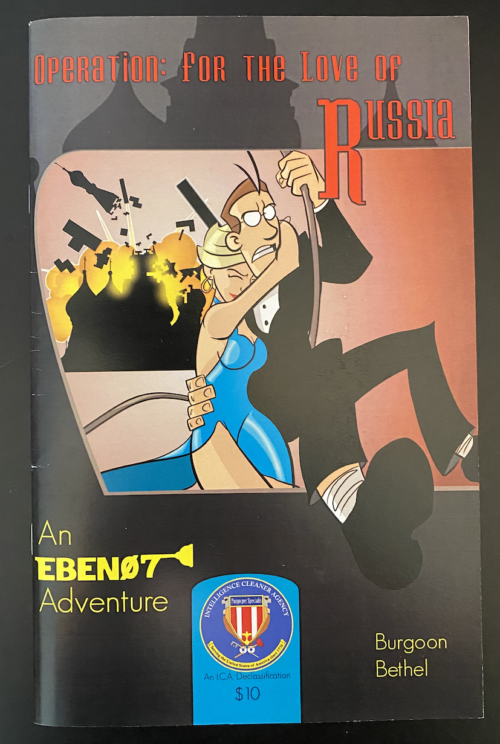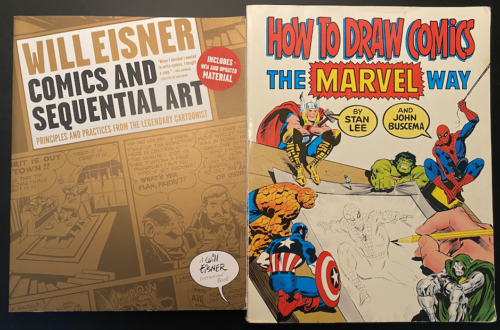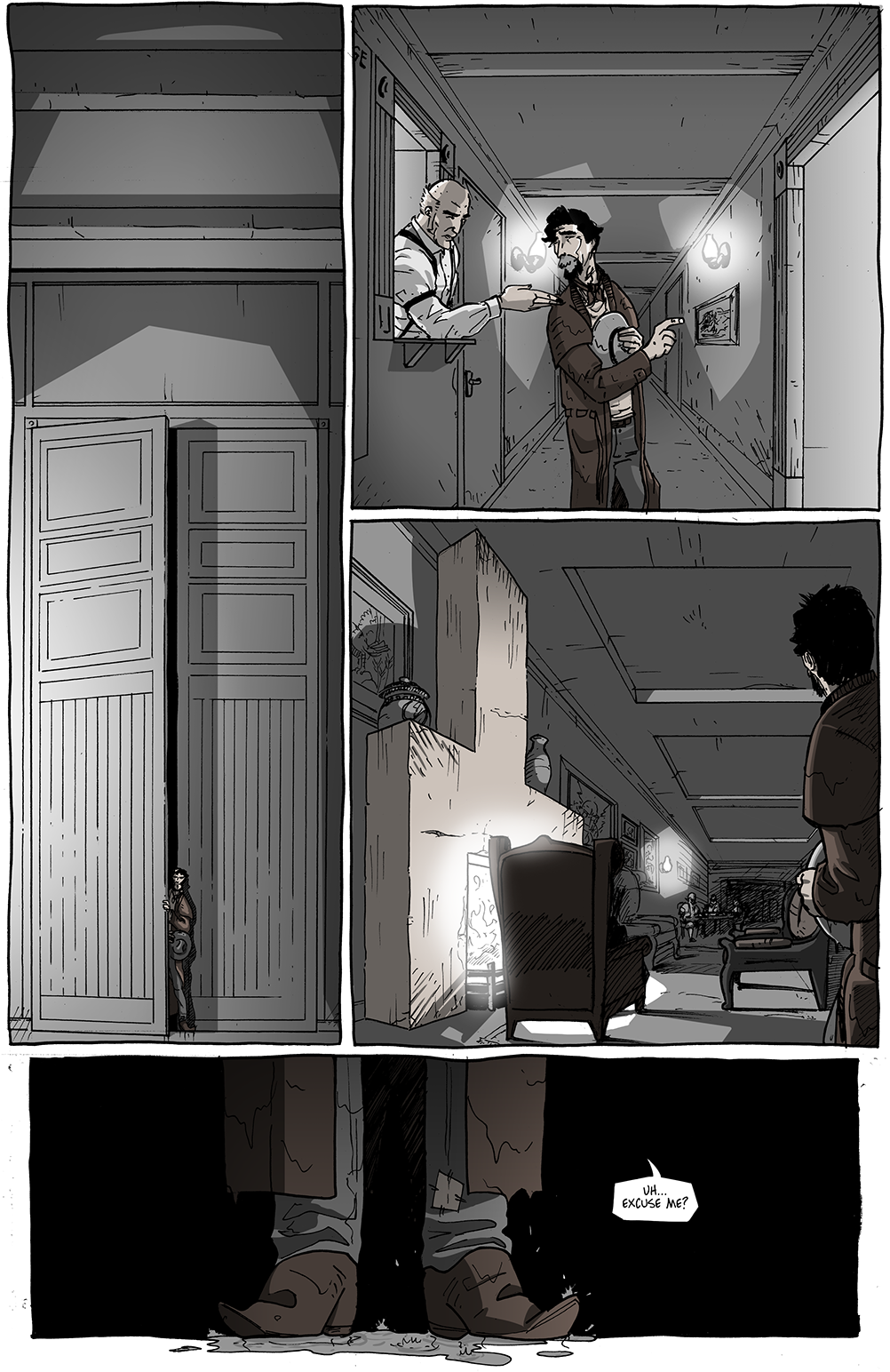One of the major tenets of webcomicking is that every page has to be substantive, giving the reader the sense that they actually got a meaningful update with every single post.
I took to that philosophy immediately, probably because it gave every page a small goal, which suddenly made the act of making comics seem less impossible. It’s a principle I hold today, and I will say that with my previous comic every page is also a complete experience with either a story beat, a joke, or a one-page comedic short story even if they could be, at times, amateurish or unclear. With my previous comic, Eben07, especially, I treated this as doctrine.
However, moving from being a strictly online comic to printing copies of stories, my entire philosophy shook at how I found the first Eben07 book to be kind of…bad. That was my honest initial reaction even though it was the same thing that was on the web (with slight revisions) that I was very proud of. It was simply how it was being read that changed everything for me.

The first book I ever printed. We had no idea what we were doing. I hated drawing so much, I didn’t even draw a cover for it, instead, using a panel from the book as a cover.
Instead of every page being one of two updates a week, where days passed with the anticipation of another solid, bite-sized chunk of action-comedy, every update just became another page in a comic book. And pages in comic books are nigh disposable to most readers––it’s about getting to the end instead of getting to the next page. With that, the weight and purpose behind each page simply disappeared as it was only about the next page turn and getting to the end. Seeing and reading that first comic hit me hard and I’ll never forget it.
We did adjust a bit as we moved forward with our stories, but that philosophy never left me. I always pushed for something important (be it plot or joke) to happen on every page because that comic was a webcomic first and the browser-based read was more important to me. The stories got better as did the books, but coming into Long John, I try to manage a better balance between this story’s physical and digital iterations.

The two most important books about comicking theory, Will Eisner’s Comics and Sequential Art and How to Draw Comics the Marvel Way by Stan Lee and John Buscema.
Ultimately, that webcomic mentality is still very important and does dovetail nicely into standard comic book theory––instead of basing the philosophy around “updates” and satisfying the reader to come back again next time, a comic book page (as codified by Will Eisner) needed to have something important or impactful enough to get readers to turn the page––but I do try to make each page something substantial, but “substantial” is much more ephemeral to me now than it was when I started.
Which brings me to this page––one that’s mostly wordless with few panels and no major characters to speak of. The content could be considered light but because of that I view this page as a fun exercise where I got to push panel layouts and design and practice stuff that’s important like perspective and how it ties to creating a tone for the scene. Though I don’t know if readers think pages like this one are worthwhile to pop over to the website for a few minutes, I put more consideration and effort into this page than some content-heavy pages (and it was fun to do).



Discussion ¬